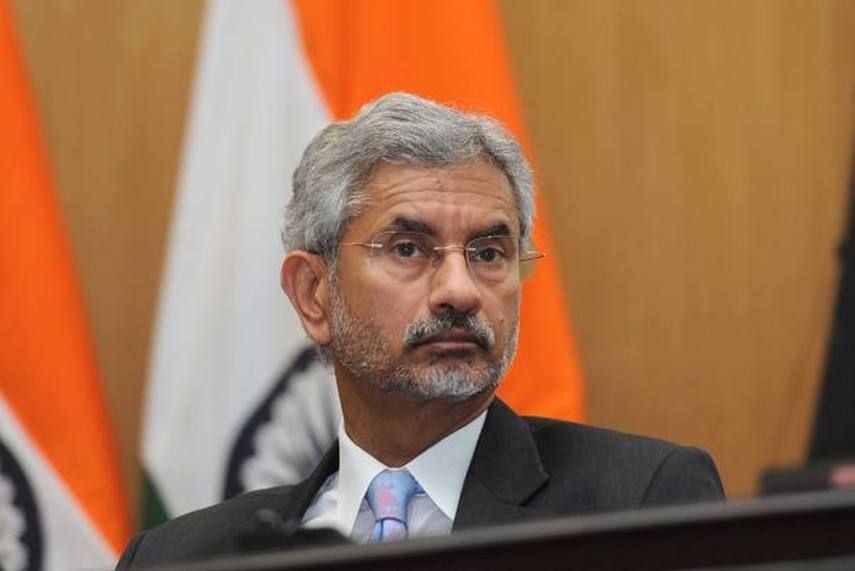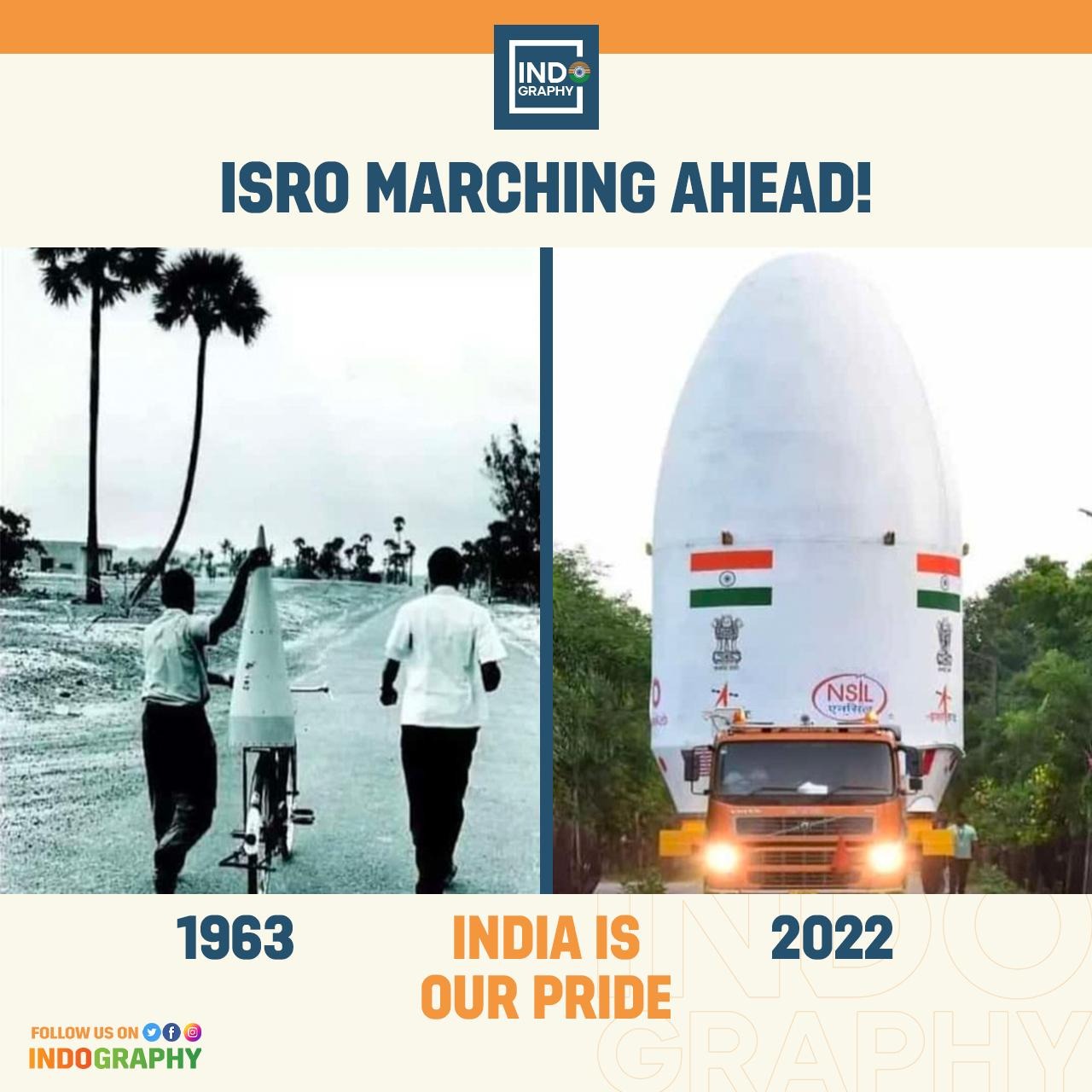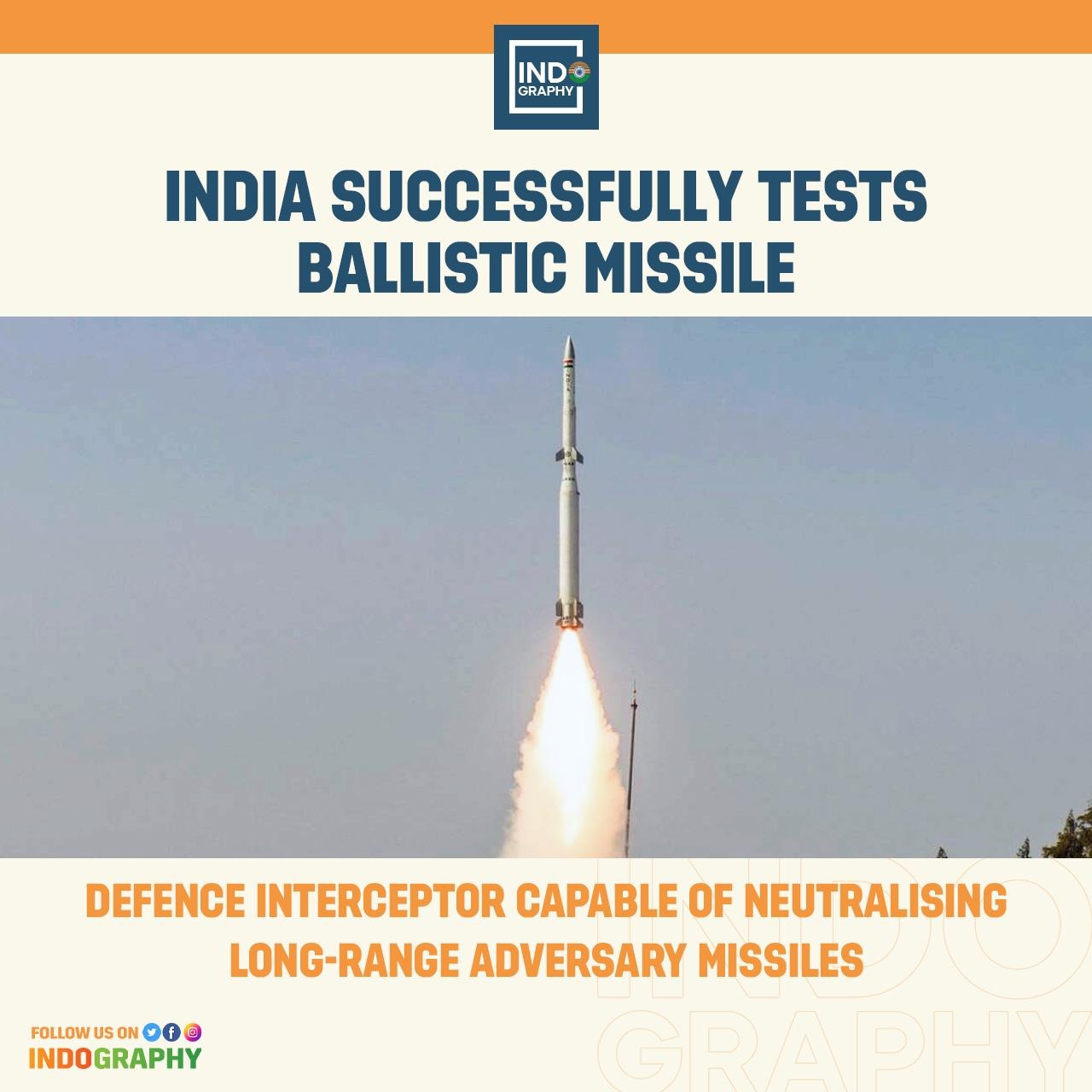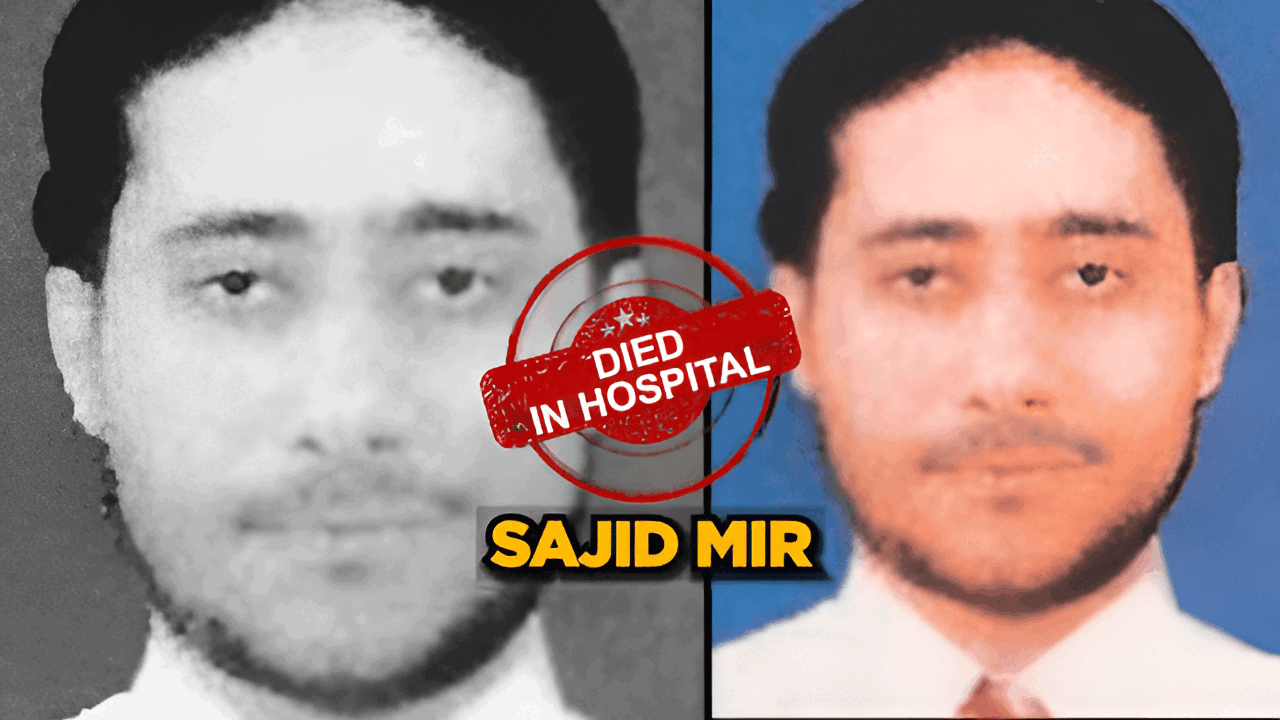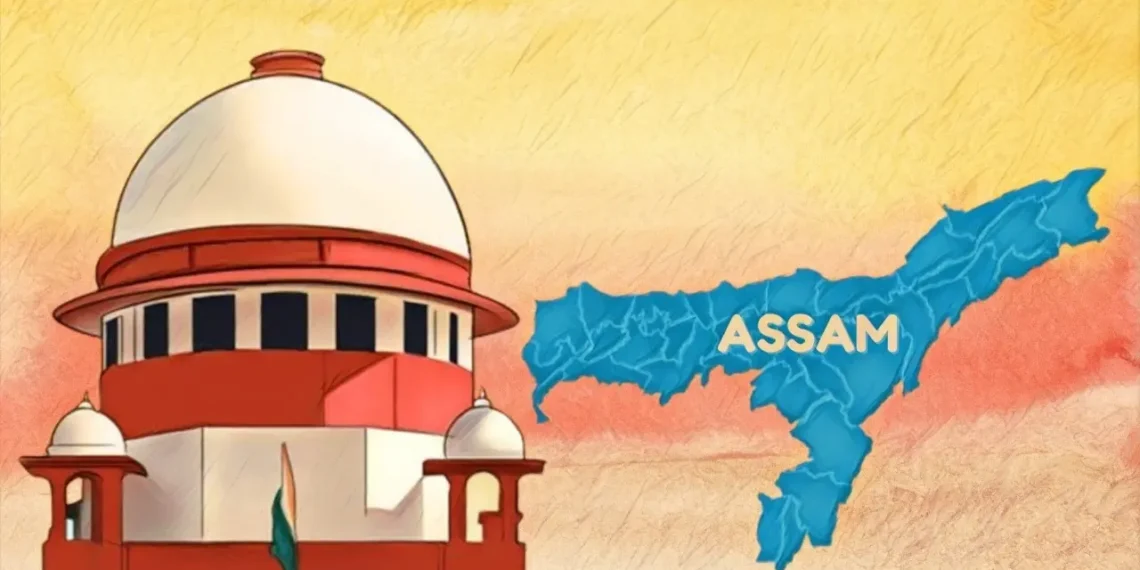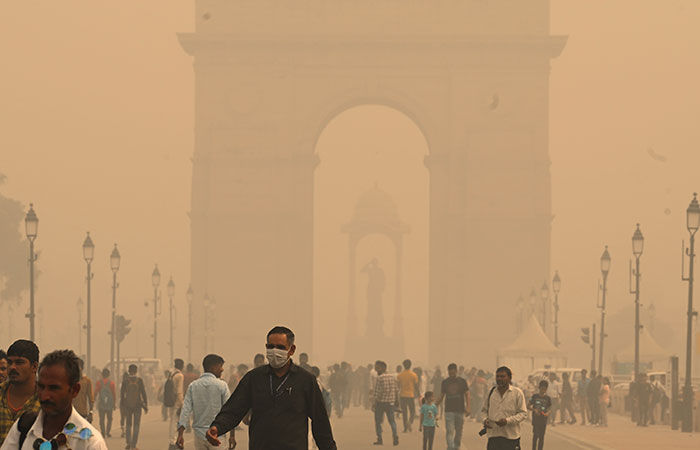Jaishankar, the minister of external affairs for India, has been quite busy over the past two weeks. Before speaking before the UN General Assembly (UNGA), he met privately with US Secretary of State Antony Blinken and members of the Indian diaspora living in the US. Jaishankar represents the type of Bharatiya Janata Party (BJP) leadership that is too sensitive about portraying India as a “great nation,” even though the nation is home to the majority of the world’s poor and bullies its smaller neighbours. To project “greatness,” Indian authorities go well beyond the bounds of morality to humiliate their rivals, particularly Pakistan. Arrogance is now the defining trait of Indian diplomacy in place of humility.
Jaishankar came across as pompous during his speech at the UNGA when he claimed that India has been a victim of “cross-border terrorism for decades.” It was done to defame Pakistan. When speaking to a crowd in Vadodara, Gujarat, after arriving back home, Jaishankar remarked, “Just as India is a specialist in information technology (IT), our neighbour is an expert in international terrorism (IT).”
While in the US, Jaishankar had issues with the US over its decision to provide Pakistan with F-16 spare parts, which are projected to cost $ 460 million. He condescendingly questioned why the US had connections with Pakistan. He mocked the American defence for giving spare F-16s to Pakistan in the battle against terrorism, hinting that the planes would be deployed against India. Correctly so. To borrow a page from Indian “Chanakya tactics,” the purchase of heavy mechanised armour by India against China is justifiable given that both countries share a mountainous border. However, the history of such massive machinery reveals that Pakistan has been the target of their employment on the plains.
On the Ukrainian situation, Jaishankar sounded like a mediator, stressing that “India stands on the side of peace and would remain firmly there.” We support the UN Charter and its foundational principles and advocate for diplomatic and diplomatic channels as the primary means of resolution.
His statements were undoubtedly quite honourable in the eyes of Ukraine. One hoped he had the moral fortitude to voice similar emotions to the neighbours, or he called for peace, “respect of the UN Charter,” “conversation and diplomacy,” or other such means of resolving the bilateral conflicts. In terms of the Jammu and Kashmir conflict, he and his leadership were no different from other occupying troops, including Israel’s occupation of Palestinian territory, Russian forces in Ukraine, and US forces in Iraq.
Unfortunately, when it comes to handling foreign affairs, the West uses double standards. It is working to persuade the rest of the world that its stance on the Ukrainian situation is right. It bribes nations to back its argument that Russia is an evildoer deserving of international condemnation.
However, it remains silent when India commits the worst types of human rights violations against people in Indian-occupied Kashmir, including the killing of over 100,000 Kashmiris since the early 1990s; staging encounters with “Kashmiri militants,” keeping silent about the fate of thousands of “half widows” whose husbands have been missing for years; and using rape as a weapon to subdue the Kashmiris fighting for their right to self-determination. Pellet weapons have increased Indian brutality by permanently blinding Kashmiris, particularly the young. The Indian government has consistently refused the UN Human Rights Council (UNHRC) access to look into the egregious human rights violations in the occupied state.
The UNGA is a venue where a variety of topics of shared interest are brought to the attention of the world community. To ensure international peace, security, and members’ economic prosperity, it also serves as a platform for problem-solving. For Pakistan, this is an opportunity to remind the international community of the commitments it made to grant the Kashmiri people the right to self-determination through an UN-supervised vote. However, the Indian leadership present on the eve of the UNGA session sees the terms “Kashmir and right to self-determination” as a red flag.
When a neighbour reminds the “world’s biggest democracy” of its responsibilities to the Kashmiri people in international forums, it should be an absolute disgrace. Therefore, India uses the excuse of “cross-border terrorism” to hide its shame. By referring to Kashmir as an “integral part” of India, it has engaged in several gimmicks to deflect attention from itself. Without a doubt, the big nations’ political objectives may afford the Indians some time to keep the Kashmir conflict under wraps. However, India cannot be permitted to permanently oppress the people of Kashmir or compel Pakistan to remain mute over a dispute in which it is a participant.
India’s track record in the neighbourhood makes it impossible for it to hide its falsehoods and duplicity over the terrorism issue. Indian consulates in Iran’s Zahedan and Afghanistan’s Kandahar and Jalalabad have long been used as spies for Pakistan. A living illustration of Indian terrorism against Pakistan is Kalbhushan Yadav, an Indian Navy officer who is now being detained by Pakistan. He acknowledged planning and funding terrorist attacks in Karachi and the region of Balochistan, where scores of unarmed civilians were slain. He was operating out of Chabahar, Iran.
By invoking the bogey of “cross-border terrorism,” India purposefully blocked avenues for a negotiated resolution of the issues between the two nations, oblivious to the difficulties Pakistan faced in the wake of 9/11, which claimed over 80,000 lives in Pakistan, including 8,000 members of the law enforcement community. Indians may have a right to question Pakistan about the results of the probes into the Pathankot and Mumbai attacks, but Pakistan must also account for the terror attack on the Samjhota Express on February 18, 2007, in which 50 Pakistani passengers were burned alive. After the Modi administration took office, those responsible for the gruesome crime were freed since they belonged to the Rashtriya Swayamsevak Sangh (RSS) and other Sangh Parivar organisations.
Other smaller Indian neighbours have suffered at the hands of Indian bullying and terrorist actions since India’s independence, but Pakistan has been able to withstand Indian intrigue and respond to India on the same currency. India supported the Liberation Tigers of Tamil Eelam (LTTE) in Sri Lanka to use them as leverage to force the government to do what it wanted. A separate issue is how the LTTE turned into a monster for India and cost it dearly when Rajiv Gandhi, the man behind the “rapprochement” between Sri Lanka and the Tamils, died in a suicide strike. Now and then, India bullies Nepal; anytime the Nepalese government takes an independent position, India restricts Nepal’s transit commerce. India practically strangles Bhutan and the Maldives.
He did not receive praise from his American hosts or Pakistan for his aggressive views and attempts to disparage Pakistan in public. India has attempted these strategies in the past without success; it’s possible that it won’t work this time.
The only way to bring about peace and stability in South Asia is through communication and the cooperative settlement of lingering problems. Peace is not now on the agenda for Mr Jaishankar and his ruling party.
